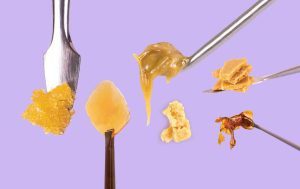The Uruguayan government created a state-run monopoly on cannabis production and sales. Cannabis is sold at pharmacies, and only adults over the age of 18 are allowed to purchase it. There is a limit of 40 grams per person per month. Consumers must register with the government in order to buy cannabis.
The Uruguayan government has also implemented strict regulations on advertising and promotion of cannabis products. Companies are not allowed to target minors with their advertising, and all advertising must include health warnings about the risks of using cannabis.
Reducing Crime in the Community
The legalization of marijuana in Uruguay has been successful in reducing drug-related crime. There has been a decrease in drug trafficking and related violence, as well as an increase in public safety overall. The number of people arrested for possession of small amounts of drugs has decreased significantly since legalization.
There have also been positive public health impacts as a result of marijuana legalization in Uruguay. There has been an increase in people seeking treatment for cannabis use disorders, and a decrease in emergency room visits for cannabis-related issues such as psychosis and anxiety attacks. Legalization has also led to an increase in research on the potential medical benefits of cannabis.
Despite these successes, there are still some challenges associated with marijuana legalization in Uruguay. One challenge is that legal weed is still relatively expensive compared to illegal weed, which means that some people may still prefer to buy from illegal sources. Another challenge is that there is still a lack of knowledge about the risks associated with cannabis use among both adults and minors







